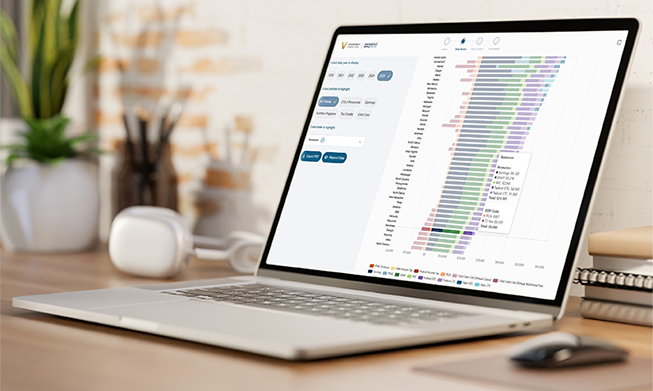Maine ranked 18 out of 50 states and D.C. in amount of resources a working parent has available to support their family.
Consider this scenario: a single parent with an infant and a toddler who works full time at a minimum wage job. They recently took 12 weeks off from work to care for her infant, the parental leave that’s allowed under the Federal Family Medical Leave Act. Their children now attend a child care center, which charges 25% less than the state’s market rate and they receive a subsidy to help offset the costs of child care as well as nutrition benefits.
In Maine, that parent would take in an estimated $39,018 a year—an amount that includes minimum wage earnings, paid family leave if available, net federal and state benefits, and deducts child care expenses.




